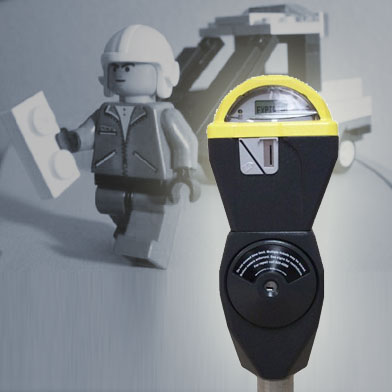
Who is *really* in charge of the San Francisco Municipal Transit Agency? It depends on who you ask: folks around the Mayor’s Office maintain it is an independent decision-making body; on the other side of City Hall, members of the Board of Supervisors insist to anyone who will listen that the mayor-appointed directors are mayoral puppets.
Either way, it’s a given that Mayor Gavin Newsom wields considerable influence over the city’s public transportation. Newsom on Friday afternoon addressed Muni’s ongoing budget pickle, and drew some “lines on the sand” — meaning, it is almost guaranteed we will not see the following as solutions to the transit agency’s $16.9 million budget deficit for the current fiscal year, and the $52.7 million deficit for next year: higher fares “at the farebox,” and extending meter hours past 6 p.m.
“Everything else I’m open to discussing,” he told The Appeal at the Hall of Justice today (and, in a feat on on-messageness, the Chron at Balboa High), and that includes ending free parking during the day on Sundays.
Newsom, a former merchant, says business communities don’t get the turnaround on Sundays they do on other days — folks park in their free spots on the Lord’s Day and stay put, rather than parking, buying stuff and leaving in quick order so that others may buy stuff. No proposal is yet on the table, but if Newsom voices support for Sunday paid parking while keeping parking free past 6 p.m., it is a safe bet support from business leaders and restaurateurs could be close behind.
The mayor also rejected the idea, often voiced by transit advocates, that drivers get a (pardon the stupid pun) free ride in San Francisco. “Maybe we’ve developed some amnesia… but people have forgotten how much meters have gone up in the last three years.”
Meters and parking tickets have gone up plenty since 2005 — there was a major increase in 2006, the mayor pointed out. “We’ve already done a lot of that,” he said. “At what point is the breaking point?”
The real bad guy in all of this is the state of California. The state used to provide tens of millions to transit via the state transit assistance fund. Muni is losing roughly $60 million a year over the next three years from that fund, or, roughly, exactly what its operating deficit is.
“If it weren’t for (those state cuts), we’d have a (Muni) surplus,” the mayor said.









